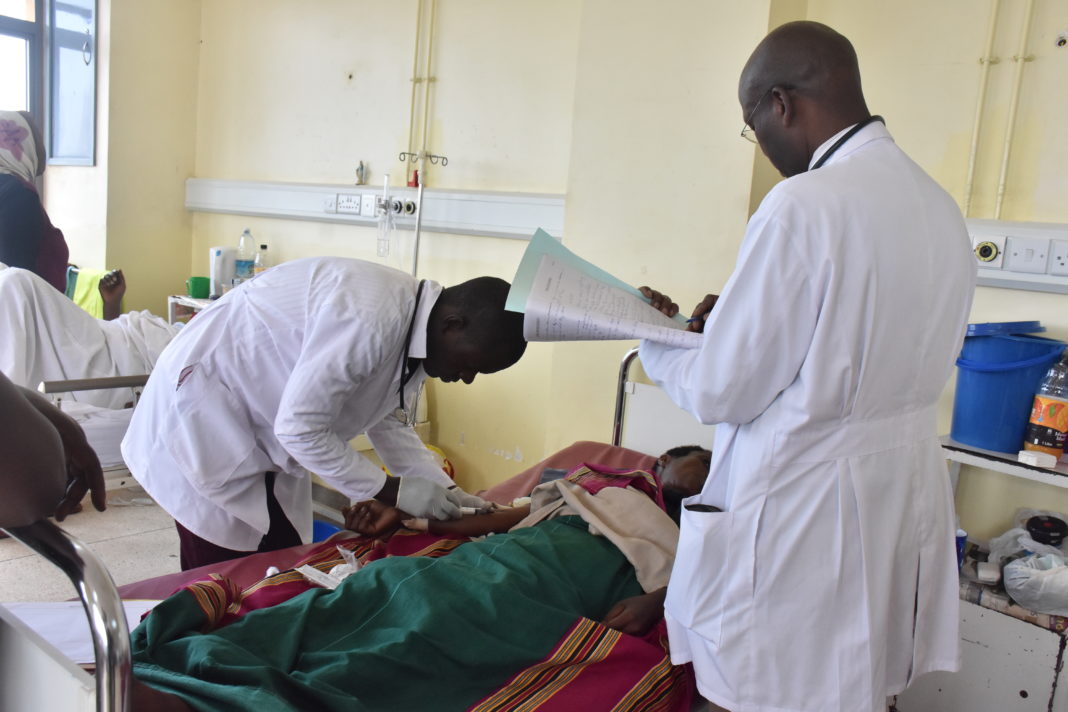A baseline survey that covered 2000 respondents in Uganda reveals that six in 10 citizens (59 per cent) cite poor health services as one of the top three problems facing Uganda today, more than for any other issue.
The survey done by Sauti za Wanainchi, a flagship of Twaweza East Africa also indicates that 38 per cent of the respondents cite inflation and the high cost of living as the other problem facing Uganda. 33 per cent or one in three cites a lack of jobs as another big problem.
When it comes to their own households, six in ten citizens (58 per cent) name inflation and the high cost of living as one of the top three problems they face. This is more than for any other issue, though the poor quality of health facilities follows close behind, named by just over half the population (55 per cent) and hunger / drought, also mentioned by half (49 per cent).
The survey also reveals established that 98 per cent have no health or medical insurance.
It further shows that 51 per cent of the respondents/household members went to a government health facility for treatment against disease or injury.
Meanwhile 24 per cent, 12 per cent and 4 per cent of the respondents said they went to a private/NGO facility for treatment, pharmacy and grocery, respectively. 1 per cent of the respondents said they did not visit any health facility while 0.4 per cent said they visited traditional/ faith healer.
A further 2 per cent and 3 per cent of the respondents said they visited church facilities and used medicines at home respectively.
The survey was meant to draw citizen experiences of public service delivery, specifically looking at health facts. It followed the Health Monitoring Unit’s recent preliminary findings on the state of health in Uganda, which showed that a big number of local government public health facilities are infested with quack health workers who find their way on the government pay roll.





